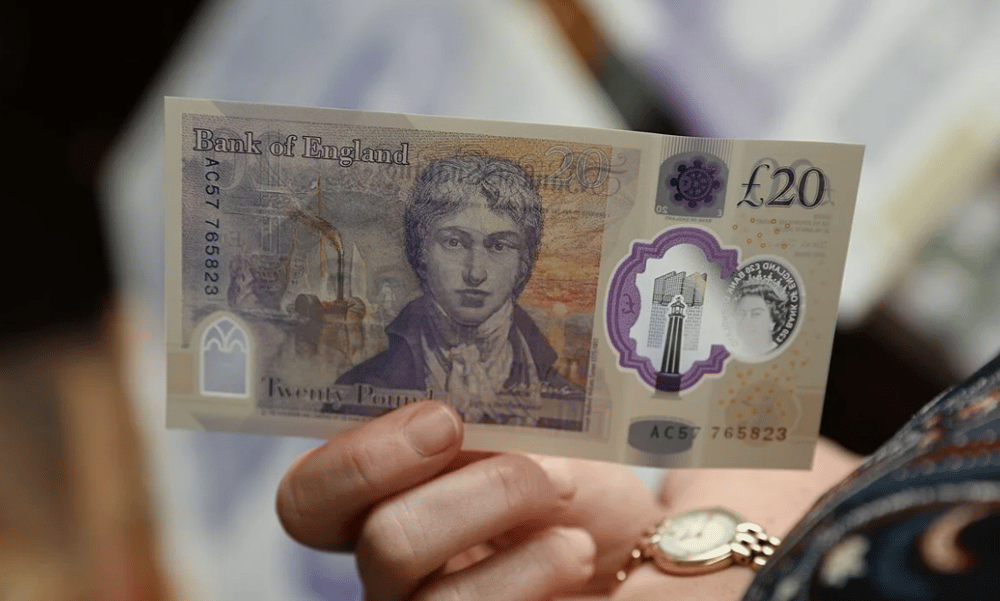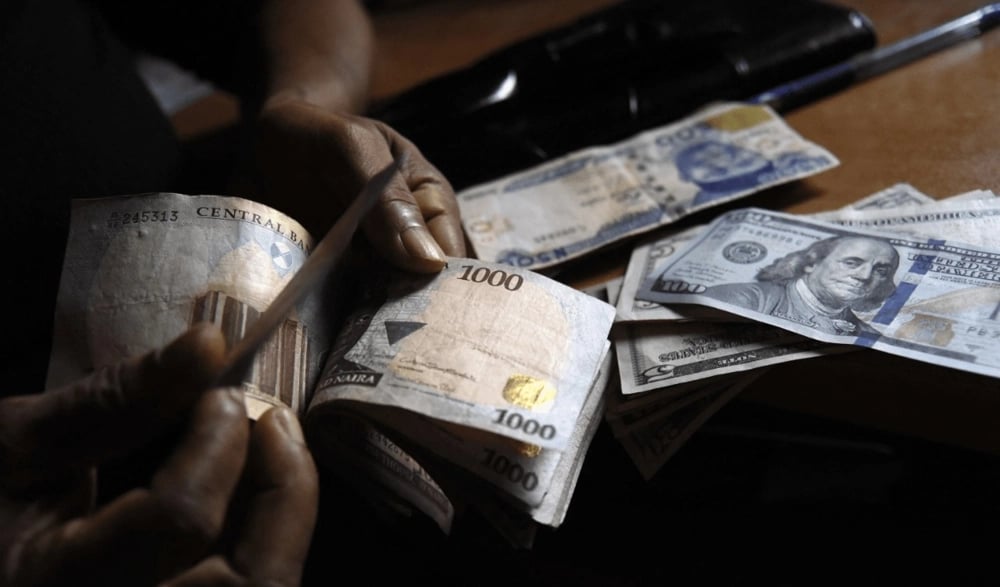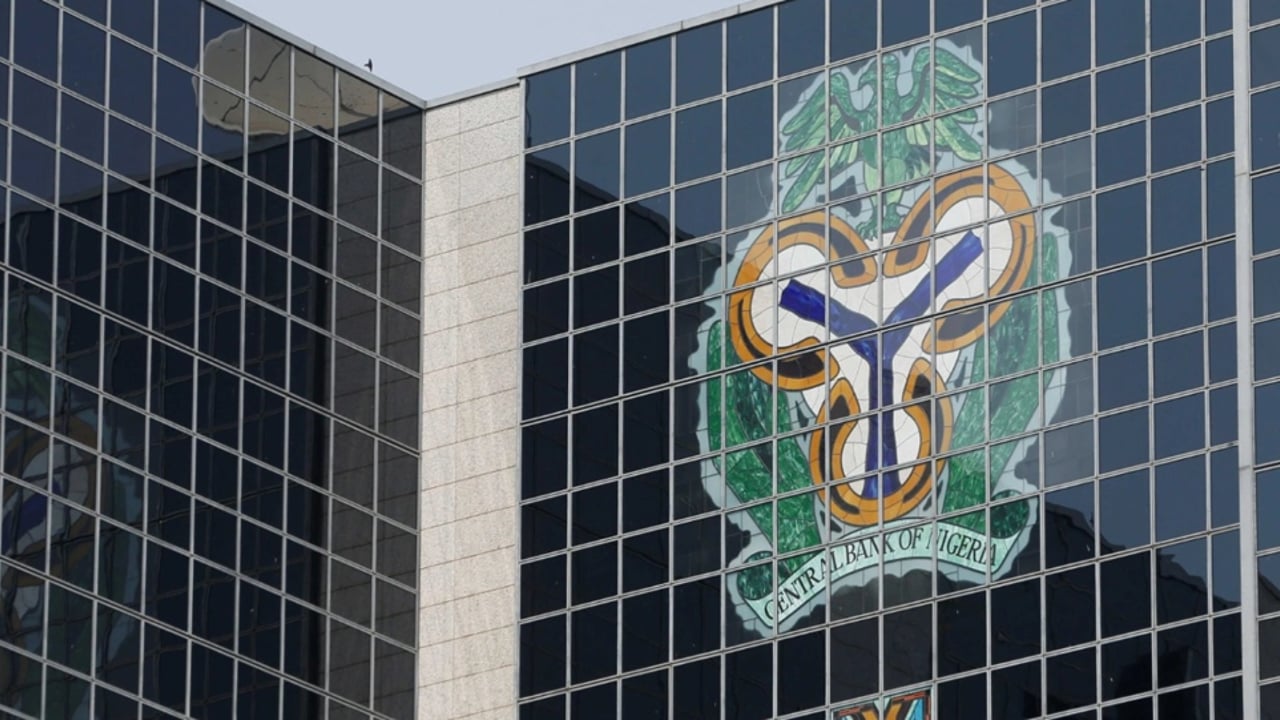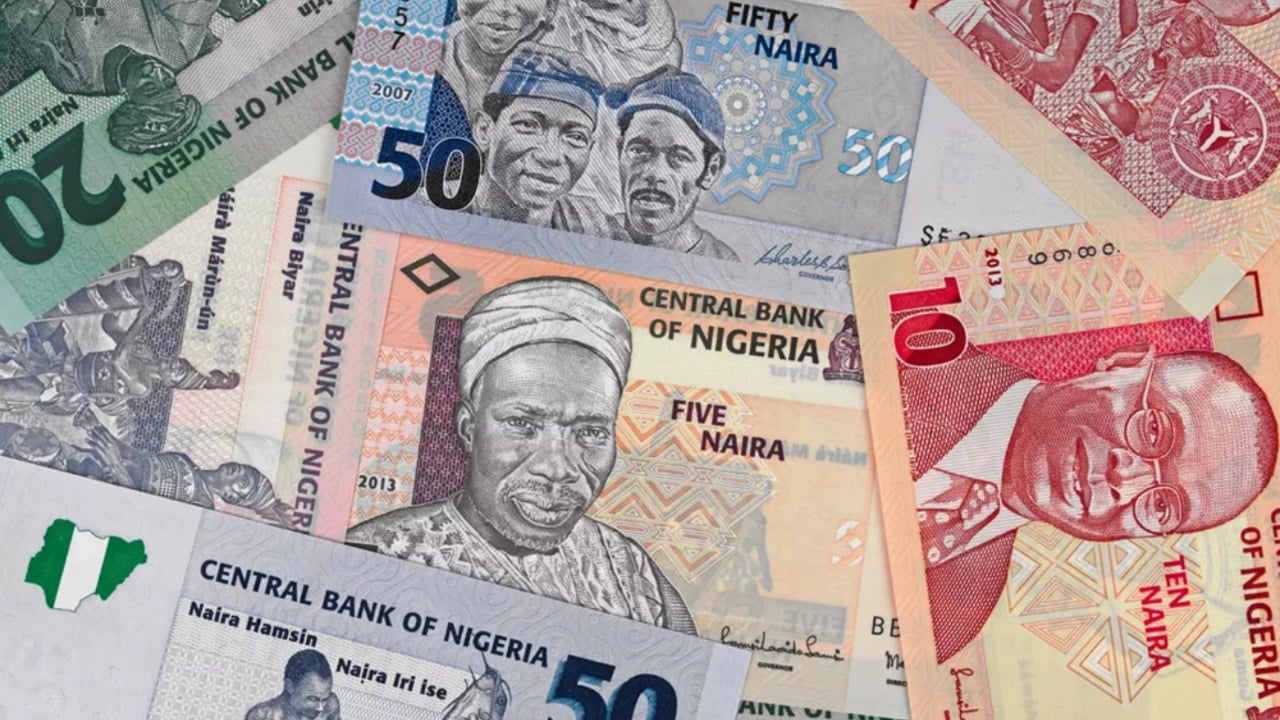Related Articles
GBP-Focused Metro Bank Draws Takeover Interest from Pollen Street Capital
Metro Bank $MTRO.L, a UK-based retail and commercial lender, has reportedly been approached by private equity firm Pollen Street Capital regarding a potential takeover, according to Sky News. The interest marks a pivotal moment for one of Britain’s most scrutinized challenger banks, which has struggled with profitability, regulatory pressures, and investor confidence since its establishment in 2010.
U.S. Dollar in Focus as Nationwide Protests Target Trump Policies During Military Parade
Planned protests across major U.S. cities this Saturday, organized by the activist group "No Kings," are drawing heightened attention from investors and political analysts alike. The demonstrations are scheduled to coincide with a high-profile military parade in Washington, D.C., commemorating the 250th anniversary of the U.S. Army—and notably timed with former President Donald Trump's 79th birthday.
Sterling Gains Against USD but Hits Multi-Week Low vs EUR Amid Weak UK and US Data
The British pound (GBP) rose modestly against the U.S. dollar (USD) on Thursday but weakened sharply versus the euro (EUR), reflecting a complex interplay of economic headwinds and geopolitical uncertainty. A simultaneous release of soft economic indicators from both the United Kingdom and the United States compounded investor caution, prompting a shift toward perceived safer assets, including the single currency.








The CBN's proactive measures show a commitment to strengthening the naira in turbulent times.
It's a crucial move by the CBN to stabilize the naira, especially with such unpredictable market conditions.